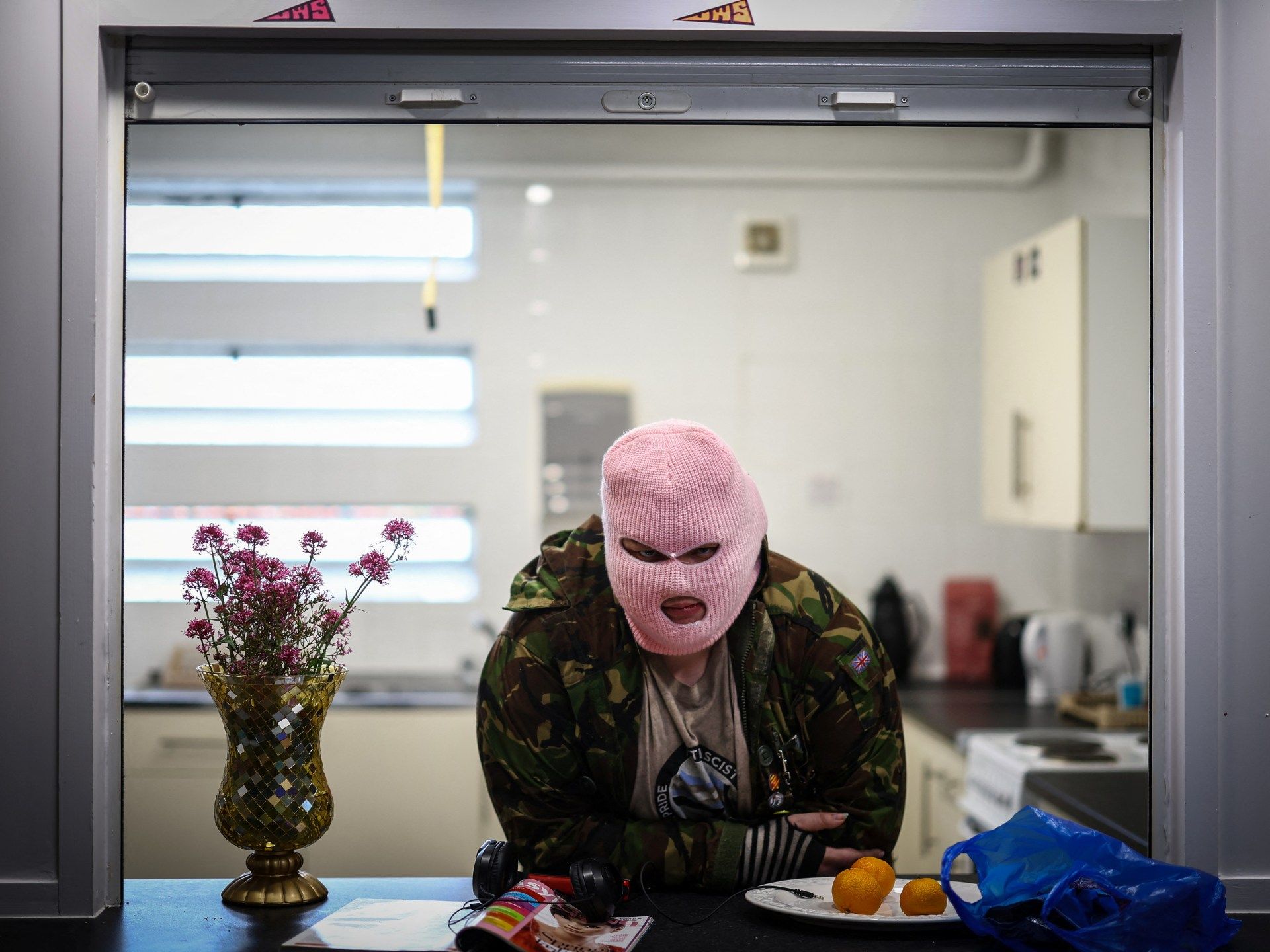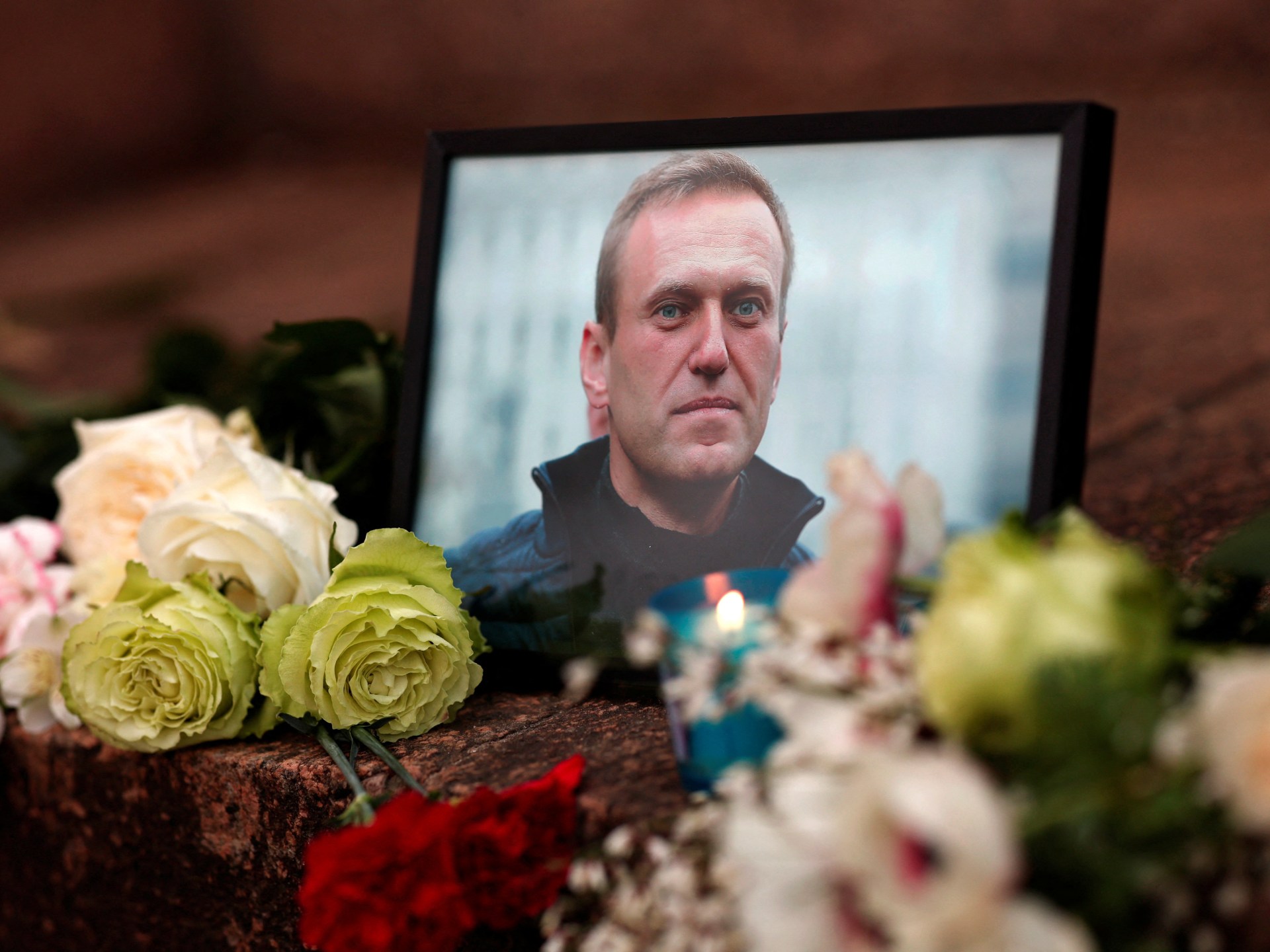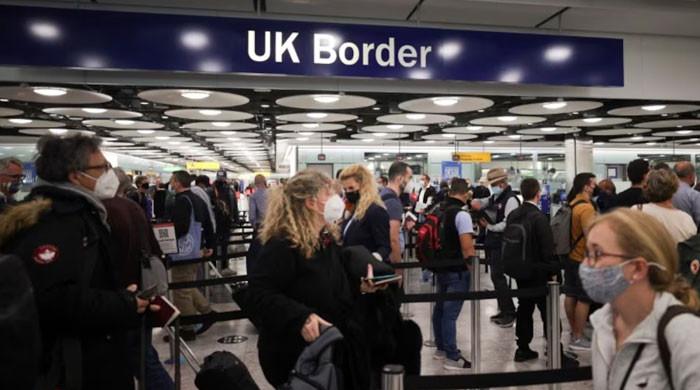In the shopping streets and residential areas of the south London town of Croydon, some once-derelict buildings are slowly coming back to life.
In an old school, peeling walls get a new coat of paint and clothes hang out to dry. In a disused youth center, laughter is heard in the gymnasium converted into a bedroom and a vase of purple flowers decorates a clean kitchen counter.
The Reclaim Croydon collective, a group of squatters, has taken over disused business premises to provide beds for homeless people, claiming it is providing a community solution to a failing housing market.
“The government is failing the homeless,” one of the youth center's new occupants, who calls himself Leaf, told Reuters.
Britain has long lacked sufficient housing, but a 22 per cent rise in private rentals in England over the past five years has left increasing numbers of people struggling to find somewhere to live. Housing consistently appears among the top five issues that pollsters say are most important to voters ahead of Thursday's general election.
High rents and unaffordable house prices have meant that people in their 20s and 30s are still living at home with their parents or in shared houses. At the most serious end, increasing numbers of people are sleeping on the streets and in empty buildings, official figures show.
Studies have found that ethnic minorities are disproportionately affected; A 2022 report published by the charity Center for Homelessness Impact shows that black people were more than three times more likely to be homeless than white people in England.
Both Prime Minister Rishi Sunak's Conservatives and the main opposition Labor Party have pledged to tackle the housing crisis by building more homes.
Housing campaigners have long argued that councils should also use some of the estimated 700,000 empty homes in England as a cheaper and quicker solution.
“We are seeing more and more councils saying that temporary accommodation budgets for people they theoretically have a legal obligation to house are literally driving them to ruin,” Chris Bailey, campaign director at the charity Action, told Reuters. on Empty Homes.
Croydon, a large, urbanized city with high-rise apartment and office buildings, had almost 4,000 disused properties in October 2023, according to government data.
On the main shopping streets, between discount stores and a bustling market, there are closed shops and signs announcing the closing of sales.
Alex, 28, an organiser with Reclaim Croydon, said the group has renovated around 30 buildings since it was formed last year, providing homes for more than 100 people.
The group first makes sure buildings are empty and have basic needs like running water and electricity, he said. He then carries out repairs to make them habitable, which may include installing showers and kitchens, repairing leaks, and removing mold.
The people living in the buildings come from a variety of backgrounds. Some are trying to escape the streets, others the commotion of living in different temporary accommodations.
“Many people in Britain get caught in homeless limbo and prefer to stay with us,” Alex said.
The culture of squatting has existed in Britain for hundreds of years. After World War II, many soldiers and their families moved to empty military bases. In the 1970s, the movement took on a political tone when anarchists occupied buildings in protests.
Since 2012, squatting in residential buildings has been illegal, but squatting for commercial purposes is not a criminal offense as long as no damage is caused and the occupants leave the premises when ordered to do so by a court.
The British Landlords Association estimates that squatting in commercial buildings has increased by almost 300 per cent since December 2021, which its director, Sajjad Ahmad, attributes to government policies rather than squatters.
In 2017, the government said 300,000 new homes a year would be needed in England until the mid-2020s to address the affordability problem. Since then, fewer than 250,000 have been built on average each year. Some landlords have also been happy to leave properties empty, benefiting from rising valuations.












